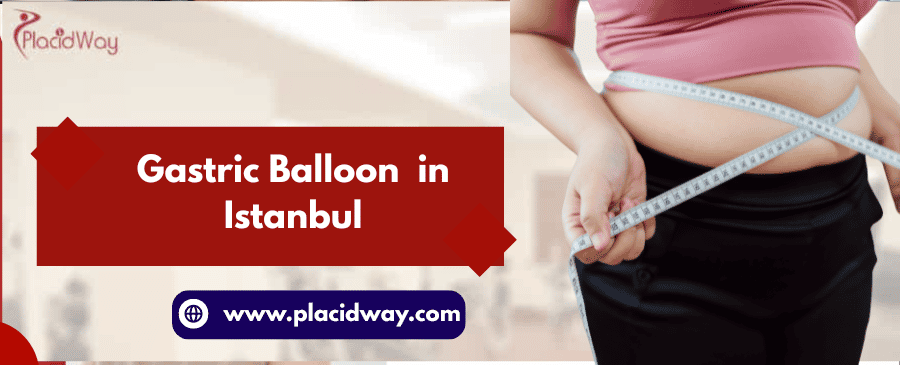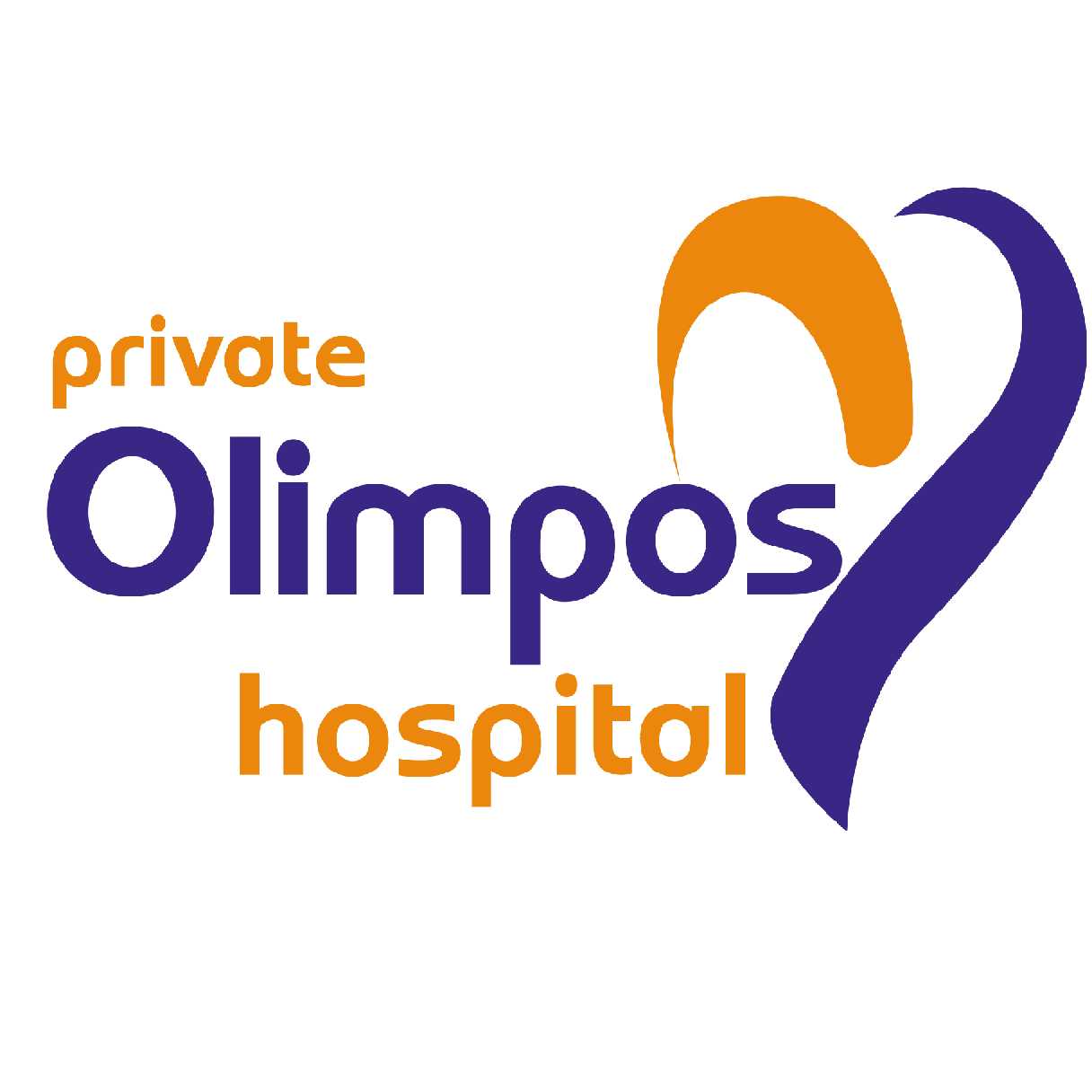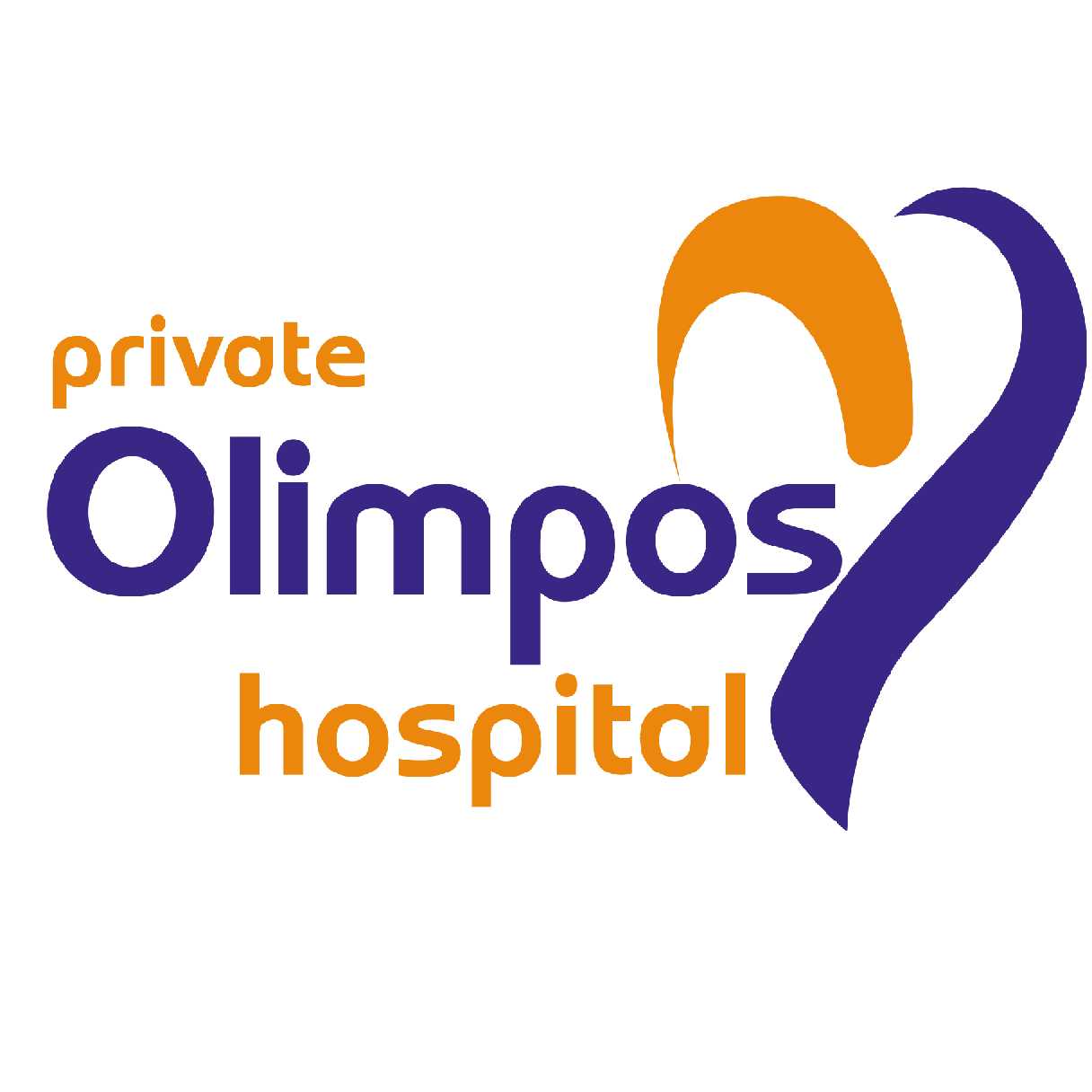Gastric Balloon in Istanbul: A Foreigner's Comprehensive Guide

Welcome to our comprehensive guide on getting a gastric balloon in Istanbul as a foreigner. If you're looking for a non-surgical solution to aid in weight loss, the gastric balloon procedure offers a promising option. Istanbul, a vibrant city straddling two continents, has emerged as a leading hub for medical tourism, particularly for those seeking affordable yet high-quality healthcare. Many international patients choose Istanbul for gastric balloon placement due to its experienced medical professionals, state-of-the-art facilities, and attractive all-inclusive packages. This guide will walk you through everything you need to know, from eligibility criteria and safety to costs and the overall process, ensuring you have all the necessary information to make an informed decision about your weight loss journey in Turkey.
Can I get a gastric balloon placed in Istanbul as a foreigner?
Istanbul has firmly established itself as a prime destination for medical tourism, and gastric balloon placement is one of the most sought-after procedures by international visitors. Clinics and hospitals across the city are well-equipped to serve foreign patients, providing services such as English-speaking staff, translators, and even assistance with travel arrangements. The high standards of care, combined with more affordable pricing compared to many Western countries, make it an attractive option for those seeking effective weight loss solutions abroad.
What are the general eligibility requirements for a gastric balloon in Istanbul?
While the exact requirements can vary slightly between clinics and the specific type of gastric balloon, common eligibility criteria include:
- Body Mass Index (BMI): Most candidates fall within a BMI range of 27 to 40. Some clinics may consider individuals with a BMI slightly lower than 27, especially if they have co-morbidities like type 2 diabetes, hypertension, or sleep apnea.
- Age: Patients are generally required to be 18 years or older.
- Prior Weight Loss Efforts: It's usually recommended for individuals who have tried and failed to lose weight through conventional methods such as diet and exercise.
- Commitment to Lifestyle Changes: A crucial factor is the patient's readiness to commit to significant lifestyle and dietary changes after the balloon is placed, as the balloon is a tool to aid weight loss, not a standalone solution.
- Overall Health: Candidates should be in generally good health and free from certain medical conditions that could contraindicate the procedure, such as severe lung, liver, or kidney pathologies, large hiatal hernias, stomach ulcers, Crohn's disease, or certain eating disorders. Pregnant or breastfeeding women are also not eligible.
A thorough medical evaluation, including an endoscopic examination, will be conducted by the bariatric surgeon to confirm your suitability for the procedure.
How much does a gastric balloon cost in Istanbul for foreigners?
Istanbul is known for offering competitive prices for medical procedures without compromising on quality. The cost of a gastric balloon can fluctuate based on several factors:
- Type of Gastric Balloon: Different brands and types of balloons (e.g., Orbera, Spatz3, Obalon, Elipse) have varying costs. Some are designed for 6 months, while others can remain for up to 12 months, which influences the price.
- Clinic Reputation and Facilities: Well-established clinics with international accreditations and state-of-the-art facilities may charge more than smaller ones.
- Included Services: Many clinics offer "all-inclusive" packages for international patients, which can cover:
- Consultations with bariatric surgeons and nutritionists.
- Pre-operative tests and evaluations.
- The gastric balloon insertion and removal procedure.
- Anesthesia or sedation.
- Medications.
- Post-procedure follow-up appointments.
- Airport transfers and local transportation.
- Accommodation in a hotel (often 4 or 5-star).
- Translator services.
- Surgeon's Experience: Highly experienced and renowned surgeons might have higher fees.
It's always recommended to get a detailed quote from the clinic that outlines all inclusions and exclusions to avoid any surprises.
Is it safe to get a gastric balloon in Istanbul as a foreigner?
Turkey has heavily invested in its healthcare infrastructure, making Istanbul a reliable destination for medical procedures. Key reasons for the safety include:
- International Accreditations: Many hospitals and clinics in Istanbul are accredited by international organizations such as the Joint Commission International (JCI), ensuring they meet rigorous global standards for patient care and safety.
- Experienced Surgeons: Turkish bariatric surgeons are often highly trained and experienced, with many having international training and memberships in global surgical societies. They perform a large volume of procedures annually.
- Advanced Technology: Clinics are equipped with modern medical technology for diagnostics and procedures, ensuring precision and efficacy.
- Comprehensive Patient Care: Clinics often provide extensive pre- and post-procedure care, including detailed consultations, follow-ups, and dietitian support, which contributes to patient safety and successful outcomes.
As with any medical procedure, there are inherent risks, but these are minimized when performed by qualified professionals in accredited facilities. Patients are encouraged to research clinics thoroughly, read reviews, and verify accreditations.
What types of gastric balloons are available in Istanbul?
The choice of gastric balloon often depends on individual patient needs, BMI, and the surgeon's recommendation. Here are the common types available:
- Orbera Balloon: This is a silicone balloon typically filled with sterile saline solution and designed to remain in the stomach for 6 months. It's inserted and removed endoscopically.
- Spatz3 Adjustable Balloon: Unique for its adjustability, the Spatz3 balloon can stay in place for up to 12 months. Its volume can be increased or decreased endoscopically after insertion, allowing for customization based on the patient's tolerance and weight loss progress.
- Elipse (Allurion) Balloon: This is a swallowable capsule that contains a deflated balloon. Once swallowed, it's inflated with water and typically remains in the stomach for approximately 4 months before naturally deflating and passing through the digestive system. This type does not require endoscopy for insertion or removal, making it a less invasive option.
- Reshape Dual Balloon: This system uses two connected balloons, designed to conform to the stomach's natural shape, potentially reducing nausea and discomfort. It is also endoscopically placed and usually remains for 6 months.
Your surgeon will discuss the pros and cons of each type during your consultation to determine the best option for you.
What is the typical duration of stay in Istanbul for a gastric balloon procedure?
The exact duration can vary, but generally:
- Initial Consultation and Tests: Upon arrival, you'll have a thorough consultation with the bariatric surgeon and undergo necessary pre-operative tests (blood tests, ECG, endoscopy). This can take 1-2 days.
- Procedure Day: The gastric balloon insertion itself is a quick procedure, typically lasting 20-30 minutes. It's often performed on an outpatient basis, meaning you can return to your hotel a few hours later.
- Initial Recovery: The first few days after placement might involve some discomfort, nausea, or cramping as your body adjusts to the balloon. Clinics recommend staying in Istanbul for a few days for monitoring and to ensure any initial side effects are managed.
- Follow-up: A follow-up appointment with the doctor and nutritionist before you leave is often scheduled to provide dietary guidelines and ensure everything is progressing well.
Therefore, a minimum of 2-3 days is usually sufficient, but many patients choose to stay for 5-7 days to allow for a more relaxed recovery and to experience some of Istanbul's cultural attractions.
What is the gastric balloon insertion procedure like in Istanbul?
Here's a breakdown of the typical steps:
- Preparation: You will be advised to follow a liquid diet for a few days before the procedure and to fast for a certain number of hours (usually 12) prior to insertion.
- Sedation: The procedure is typically performed under mild sedation, meaning you will be relaxed and comfortable but still conscious. General anesthesia may be used in rare cases or upon patient request.
- Insertion: A thin, flexible tube with a camera (endoscope) is gently guided through your mouth and esophagus into your stomach. The deflated gastric balloon is then passed through the endoscope into the stomach.
- Inflation: Once positioned correctly, the balloon is filled with a sterile saline solution (or air, depending on the balloon type) through a small tube attached to it. The amount of saline varies by balloon type and desired volume, typically 400-700 ml.
- Completion: After the balloon is inflated, the filling tube is detached and carefully removed. The endoscope is also withdrawn. The entire process usually takes between 20 to 30 minutes.
- Post-Procedure: You will be monitored for a few hours to ensure you are recovering well before being discharged. Most patients can return to their hotel the same day.
For swallowable balloons like Elipse, the process is even simpler, involving swallowing a capsule and then inflating it via a thin tube, which is then removed.
What kind of aftercare and follow-up support can foreigners expect in Istanbul?
Quality clinics in Istanbul prioritize thorough aftercare to ensure successful weight loss and patient well-being. This typically includes:
- Dietitian Support: You will receive a personalized diet plan, starting with a liquid diet and gradually progressing to soft foods and then a regular healthy diet. Nutritionists will guide you on portion control and healthy eating habits.
- Medication: Prescriptions for medications to manage common side effects like nausea, vomiting, acid reflux, or discomfort in the initial days after the procedure.
- Follow-up Appointments: Scheduled check-ups with the medical team during your stay in Istanbul to monitor your progress, address any concerns, and provide further guidance. Many clinics also offer remote consultations after you return home.
- Emergency Support: Access to emergency contact numbers and medical assistance should any unexpected complications arise.
- Lifestyle Coaching: Guidance on incorporating physical activity and maintaining a healthy lifestyle to maximize weight loss and sustain results even after the balloon is removed.
This comprehensive support system aims to help patients adapt to the balloon and achieve their weight loss goals effectively.
What are the potential side effects of a gastric balloon and how are they managed in Istanbul?
While generally safe, gastric balloon placement can lead to some temporary side effects as your body adjusts:
- Nausea and Vomiting: These are the most common side effects, especially in the first few days after insertion, as the stomach reacts to the foreign object.
- Abdominal Pain or Cramping: Discomfort in the stomach area is also common initially.
- Acid Reflux or Heartburn: Some patients may experience increased acid production.
Clinics in Istanbul manage these symptoms proactively:
- Medication: Anti-nausea medications, pain relievers, and acid reducers are commonly prescribed to alleviate discomfort.
- Dietary Guidance: A gradual transition from clear liquids to soft foods helps the stomach adjust and minimizes irritation.
- Monitoring: Medical staff will monitor your condition closely, especially during the initial recovery period, to ensure symptoms are manageable and to identify any rare complications like balloon deflation or obstruction.
Most patients find that these symptoms significantly improve or disappear within the first week or two after the procedure.
What is the recovery timeline after gastric balloon placement in Istanbul?
The recovery process can be broken down into stages:
- Immediate Post-Procedure (Day 0-3): This is when you're most likely to experience nausea, vomiting, and abdominal discomfort. You'll be on a liquid diet. Most patients are discharged from the clinic within a few hours of the procedure.
- Early Adjustment (Day 3 - Week 2): Symptoms generally start to subside. You'll gradually introduce pureed and soft foods into your diet. Most people can return to light, non-strenuous activities during this period.
- Full Adjustment (Week 2-3 onwards): By this time, your stomach should be largely adjusted to the balloon. You'll transition to a more regular, healthy diet as advised by your nutritionist. You can usually resume normal daily activities and moderate exercise.
- Long-term (Throughout the balloon's placement): You will continue to work on lifestyle and dietary changes, aiming for consistent weight loss. Regular follow-ups with your nutritionist and doctor are crucial.
While the initial recovery is relatively quick, the true "recovery" involves adapting to new eating habits and a healthier lifestyle for the entire duration the balloon is in place and beyond.
What are the advantages of getting a gastric balloon in Istanbul as a foreigner?
Istanbul offers a compelling package for medical tourists:
- Cost-Effectiveness: The primary driver for many, gastric balloon procedures in Istanbul are often a fraction of the cost in Western Europe or North America, without compromising on quality.
- High Standard of Care: Many Turkish clinics and hospitals boast international accreditations (like JCI) and are equipped with advanced medical technology.
- Experienced Professionals: Turkey has a large pool of skilled and experienced bariatric surgeons who perform a high volume of gastric balloon procedures.
- All-Inclusive Packages: To simplify the process for international patients, many clinics offer packages that cover medical expenses, accommodation, transfers, and translator services, making the experience seamless.
- Reduced Waiting Times: Unlike some countries with long waiting lists for such procedures, Istanbul often offers immediate availability.
- Medical Tourism Destination: Istanbul provides a unique opportunity to combine your medical treatment with a visit to a culturally rich and historically significant city, offering a diverse and enjoyable experience.
- Focus on Patient Experience: Clinics often emphasize personalized care, comfort, and effective communication to ensure international patients feel well-supported.
How do I choose the right clinic for a gastric balloon in Istanbul?
Selecting the right clinic is crucial for a successful and safe experience. Here's what to consider:
- Accreditation and Certifications: Look for clinics and hospitals with international accreditations (e.g., Joint Commission International - JCI). This indicates adherence to high global standards of care.
- Surgeon's Expertise: Research the bariatric surgeon's qualifications, experience in gastric balloon procedures, and patient testimonials. Inquire about their volume of procedures and any specialized training.
- Patient Reviews and Testimonials: Read reviews on independent platforms and forums from other international patients. This can provide insights into the patient experience, quality of care, and overall satisfaction.
- Package Inclusions: Compare what is included in different clinics' "all-inclusive" packages. Ensure clarity on medical fees, accommodation, transfers, translation services, and post-procedure follow-ups.
- Communication: Ensure the clinic provides clear communication in your preferred language, from initial inquiry through to aftercare.
- Technology and Facilities: While not always visible to the patient, inquire about the modern equipment and technology used by the clinic.
- Aftercare and Support: Understand the extent of aftercare, including dietitian support, follow-up consultations (both in-person and remote), and emergency support.
Don't hesitate to ask detailed questions and seek multiple quotes before making a decision.
What is the process for booking a gastric balloon procedure in Istanbul as a foreigner?
Here’s a general step-by-step guide:
- Initial Inquiry: Contact several clinics or medical tourism facilitators in Istanbul, often through their websites or email. Provide them with basic information about your weight loss goals and medical history.
- Online Consultation and Medical Assessment: You will likely have an online consultation (video call) with a bariatric surgeon or patient coordinator. You’ll be asked to provide medical records, including your current weight, height (for BMI calculation), and any existing health conditions.
- Personalized Treatment Plan and Quote: Based on your assessment, the clinic will provide a detailed treatment plan, including the recommended type of gastric balloon, the procedure outline, and a comprehensive cost estimate.
- Booking and Payment: Once you agree to the plan and quote, you'll typically make an initial deposit to confirm your booking. The clinic will assist with scheduling your procedure and travel dates.
- Travel Arrangements: Coordinate your flights and travel insurance. If your package includes accommodation and transfers, the clinic's international patient department will usually handle these details for you.
- Arrival in Istanbul: Upon arrival, you'll be met (if transfers are included) and taken to your hotel or directly to the clinic for initial assessments.
- Pre-operative Tests and Consultations: Undergo final medical checks, blood tests, and a detailed consultation with the surgeon and nutritionist.
- Procedure: The gastric balloon will be inserted.
- Post-operative Recovery and Follow-up: Spend a few days recovering in Istanbul, attending follow-up appointments with your medical team.
- Return Home: Once cleared by the medical team, you can return to your home country. Many clinics offer remote follow-up support to continue guiding your weight loss journey.
Are there any language barriers for foreigners seeking gastric balloon treatment in Istanbul?
Istanbul's medical tourism sector is highly developed, and clinics understand the importance of clear communication with international patients. Here's how language barriers are typically addressed:
- English-Speaking Staff: A significant number of doctors, nurses, and administrative staff in clinics and hospitals that serve international patients are fluent in English.
- Professional Translators: For patients speaking other languages, clinics often provide professional medical translators who can facilitate communication between the patient and the medical team throughout the entire process, from consultation to post-operative care.
- International Patient Departments: Many clinics have dedicated international patient departments with staff trained to assist foreign visitors with all aspects of their medical journey, including language support.
- Documentation: Important medical documents and consent forms are usually available in English or translated into the patient's native language.
While navigating the city outside the clinic might present some minor language differences, within the medical setting, communication is generally well-managed to ensure patient understanding and comfort.
Ready to explore your options for a gastric balloon in Istanbul? Explore PlacidWay to connect with top-tier clinics and find a solution that aligns with your health goals and preferences.


.png)
.png)



.png)
.png)
.png)
-(1).png)






Share this listing